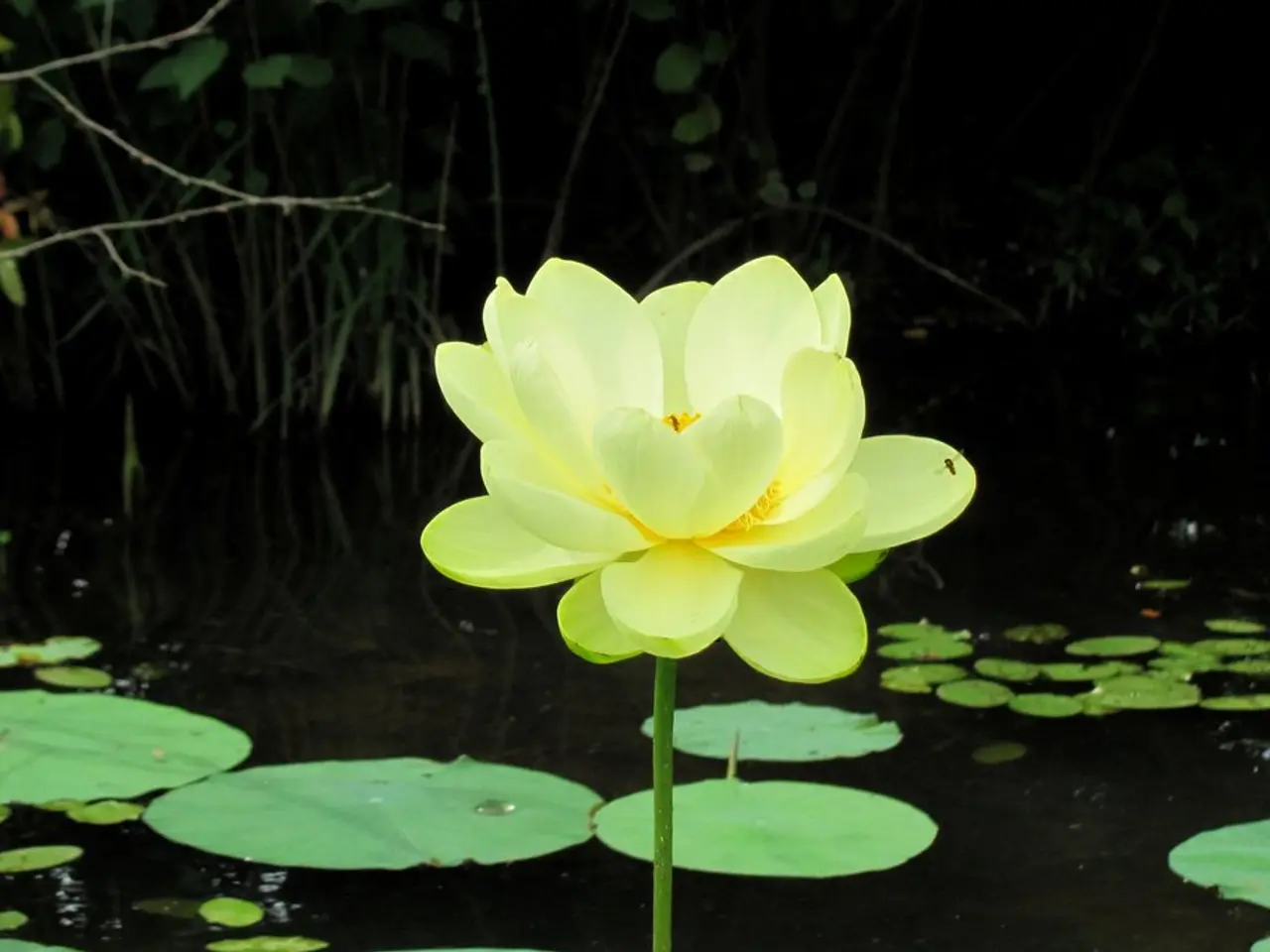Ancient Vietnamese art of producing silk continues to thrive in Lotus Silk industry
In the heart of Hanoi, 70-year-old artisan Phan Thi Thuan resides, her work a testament to the legacy of devotion and creativity passed down through generations of Vietnamese artisans. Phan Thi Thuan's contributions to the production of lotus silk, a fabric renowned for its softness and durability, are deeply rooted in the country's traditions and culture.
The lotus, Vietnam's national flower, blooms only once a year, between May and June. During this fleeting period, artisans collect lotus fibers manually from the stems, a labor-intensive process that connects them deeply to the natural rhythms of lotus growth and harvesting cycles. This hands-on method avoids mechanization and pollution, highlighting a sustainable approach to textile production that values ecological balance and cultural heritage.
The abundance of the lotus makes it an accessible raw material. Every part of the lotus plant is respected and used, thus supporting biodiversity and maintaining the natural lotus ecosystem. The production of lotus silk preserves a way of life in harmony with nature, relying on sustainable, low-impact harvesting and traditional artisan methods that fully utilize the lotus plant without damaging the environment.
Photographer Chiron Duong documents the cultural significance of the lotus in Vietnam, capturing the rhythmic hand movements of artisans like Phan Thi Thuan as they weave the fine threads into fabric. The lotus silk embodies the cultural and spiritual essence of Vietnam, beyond its material value serving as a reflection of the country's heritage.
Phan Thi Thuan sings traditional songs of her ancestors while working, her melodies echoing the symbolism of the lotus as a symbol of purity and resilience. Her hand movements, rhythmic and symbolic, reflect generations before her. The lotus silk production process emphasizes harmony with nature, a reflection of the lotus's symbolism.
The story of lotus silk in Vietnam was published as part of a partnership between Atmos and PhotoVogue. The 2025 edition of the PhotoVogue Festival, titled "The Tree of Life: A Love Letter to Nature," will take place in Milan from March 6-9, 2025, showcasing the cultural significance of this ancient craft.
The production of lotus silk fosters environmental stewardship, supports local livelihoods, and maintains traditional knowledge, embodying a harmonious relationship between people and nature in Vietnam's lotus-growing regions. This sustainable and handcrafted method of fabric production is a reminder of the importance of preserving our connection to nature and the cultural heritage it nurtures.
- The magazine, Atmos, in collaboration with PhotoVogue, published a story about the production of lotus silk in Vietnam, highlighting its cultural significance and its contribution to environmental stewardship.
- The PhotoVogue Festival in Milan, titled "The Tree of Life: A Love Letter to Nature," will showcase the cultural value of the ancient lotus silk craft in their 2025 edition, from March 6-9, 2025.
- The production process of lotus silk in Vietnam's community of artisans, like Phan Thi Thuan, embodies a harmony with nature, reflecting the lotus's symbolism as a symbol of resilience and purity.
- Chiron Duong, a photographer, captures this cultural and spiritual essence of Vietnam through his documentation of artisans like Phan Thi Thuan, as they weave lotus silk fabric.




